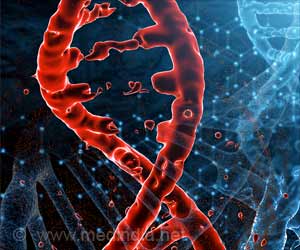Severe depression that does not respond to traditional drug treatments could now be treated with gene therapy, US researchers said Wednesday.

"Given our findings, we potentially have a novel therapy to target what we now believe is one root cause of human depression," said lead researcher Michael Kaplitt, a neurosurgeon at New York Presbyterian Hospital.
"Current therapies for depression treat symptoms but not underlying causes, and while that works for many patients, those with advanced depression, or depression that does not respond to medication, could hopefully benefit from our new approach," he added.
The research found that a particular protein known as p11 in the nucleus accumbens was associated with experiencing pleasure and a sense of satisfaction that is often absent in severe depression.
Postmortem analysis on human subjects revealed that people with severe depression had low levels of the p11 protein compared to more normal subjects.
In their studies, mice without p11 all exhibited depression-like behaviors, researchers said, leading the team to suggest that restoring this function and the availability of p11 was critical to alleviating depressive symptoms.
Advertisement
Serotonin is needed to transmit impulses, or informative data, between neurons and between neurons and other parts of the brain.
Advertisement
"Together, these studies provide strong evidence that maintaining adequate levels of this particular protein, p11, in this pleasure-reward area of the brain may be central to preventing or treating depression," Kaplitt said.
Source-AFP














